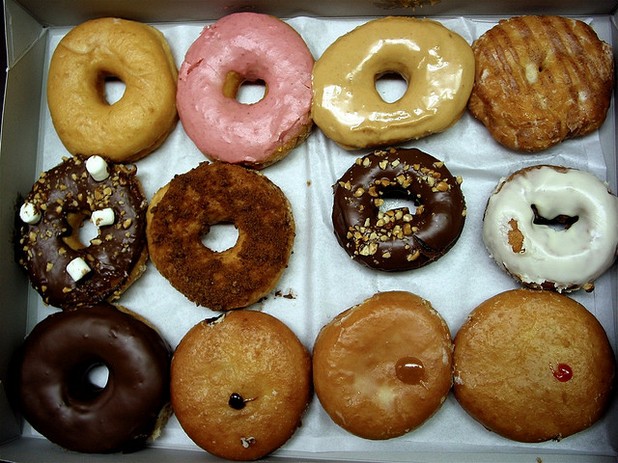Australian Researchers Say Eating a Healthful Diet as a Teen May Prevent Depression
We are what we eat, and according to Australian researchers at Deakin University’s Barwon Psychiatric Research Unit – what we eat is also how we feel…
Led by researcher Dr Felice Jacka the scientists evaluated the mental health and dietary habits of 3000 Australian teens. Each teen subject provided information via detailed questionnaires, first in 2005, and once again 2 years later, in 2007.
The Results:
- Teens with healthier diets were less likely to be suffering from mental health symptoms at the start of the study than teens with less healthful eating habits.
- Good eating in 2005 also predicted better mental health 2 years later – teens that ate healthier foods in 2005 were less likely than those who had junk-food based diets to have symptoms of mental illness by 2007
- Teens whose diets improved over the 2 year study period experienced improved mental health and teens whose diet deteriorated over the two year period experienced worsened mental health. These effects were not caused by changes in weight or physical activity level.
Commentary
The researchers note that 75% of people with mental illness experience first onset prior to the age of 25, and that for depression, the average age of first onset is 13 years of age. Additionally, once a person experiences a first incident of depression, they are far more likely to experience additional episodes over a lifespan.
Given this, the researchers suggest that a healthy diet during adolescence might play a protective role against depression for a lifespan, explaining, “This new evidence suggests that it might be possible to prevent some cases of depression developing in the first place by ensuring that the diets of adolescents are sufficiently nutritious.”
The full research results can be read in the journal, PloS one
Post a comment 0
Copyright Notice
We welcome republishing of our content on condition that you credit Choose Help and the respective authors. This article is licensed under a Creative Commons License.

 John Lee
John Lee
